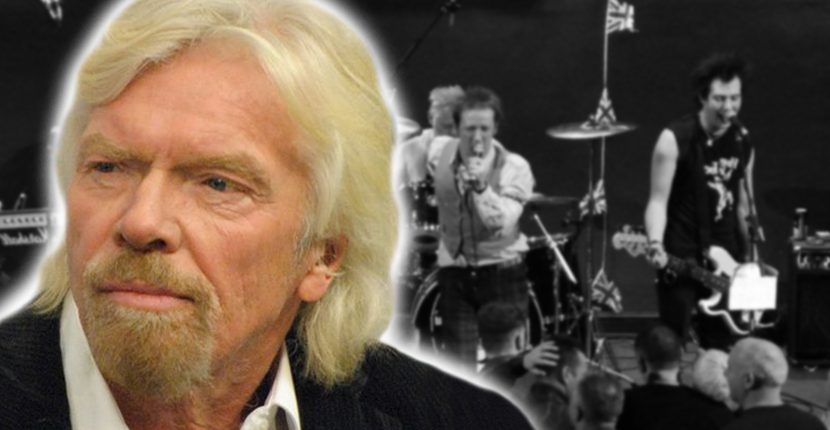Sir Richard Branson, the British billionaire entrepreneur, is best known as the founder of Virgin Group ― a corporate conglomerate which owns more than 400 different business ventures including an airline, a cable TV and internet operator, and a large entertainment retail chain.
Branson is also well-known for the way he amassed his fortune by starting a record label ― Virgin Records ― in the 1970s and attracting crowds of customers by selling discounted and import records. His Virgin stores became a favorite hangout for the alternative and hippie crowd, who embraced the opportunity to explore new music that wasn’t available in other high-street outlets.
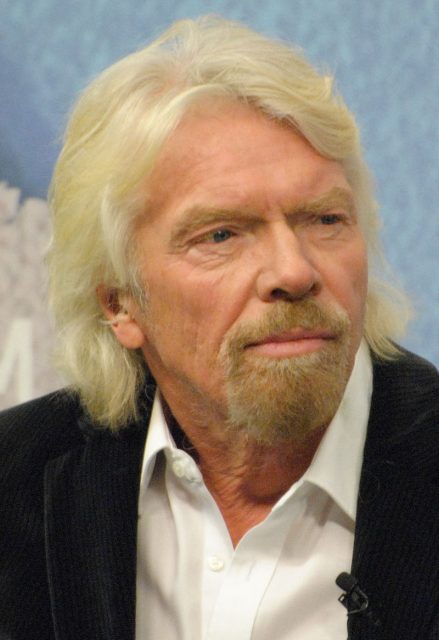
Besides being affordable, he offered music by new and exciting artists like Mike Oldfield, obscure foreign bands like krautrock pioneers Kraftwerk and Faust, and a variety of music acts belonging to an emerging genre which had by the mid-1970s polarized the audience – punk.
While Branson himself wasn’t really keen on the punk music style, he recognized that this fresh and provocative subculture offered a certain appeal to young people, who were all eager to spend money at his record store ― the iconic Virgin Records on Oxford Street, London.
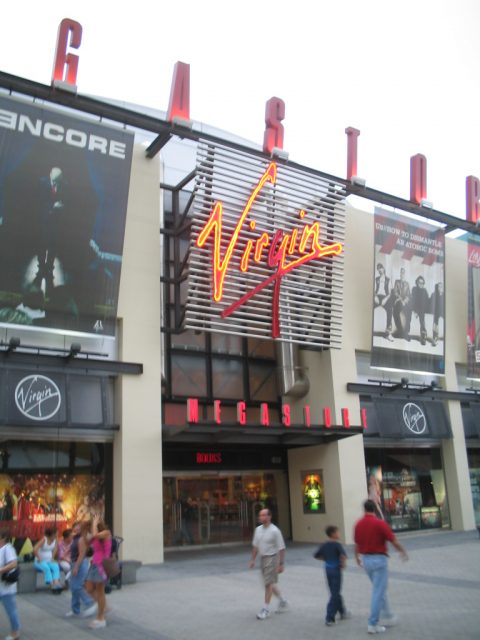
Back then, however, Richard Branson was neither a Sir nor a billionaire.
In the late 1960s, he was an editor of Student Magazine ― a publication which early on became popular among the youth for its uncompromising attitude towards the prude mainstream culture, dictated by a conservative Britain.
The magazine included interviews with some high-profile celebrities, the most notable of them being Mick Jagger of the Rolling Stones.
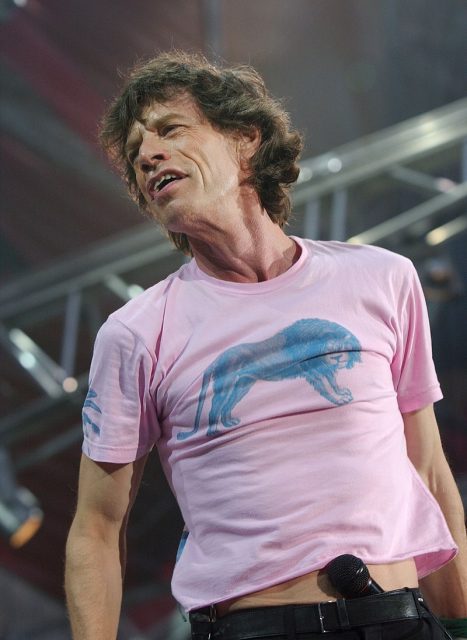
His transition to the record business couldn’t have come in a better time ― people yearned for cheap, mail-ordered records and even bootlegs, all of which Branson and his partner, Nick Powell, were happy to provide.
By the time Virgin Records started signing artists, they were already a well-established name among the hippie counterculture in Britain. Their record label was independent, and thus less reluctant to sign acts that might be considered commercially risky. They thrived on discovering the unknown.
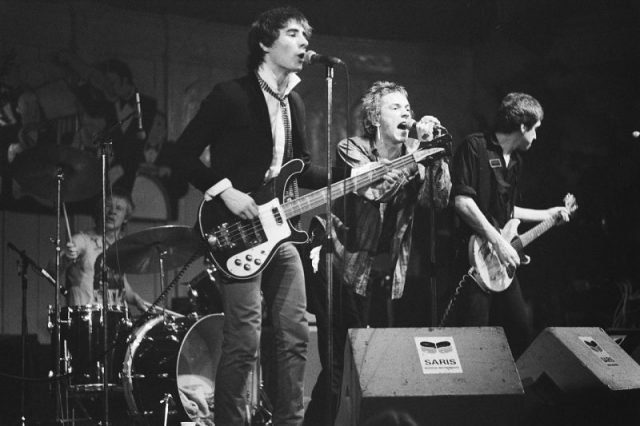
So when a certain act called the Sex Pistols lost their contract with A&M Records, partly due to their controversial single “God Save the Queen,” Branson stepped in and signed what was very soon to become one of the most popular British bands in history.
But first the controversy had to be exploited. After failing to reach the No. 1 position on the official charts, despite the single being hugely popular, in 1977, Sex Pistols manager Malcolm McLaren organized a boat trip on the River Thames as a parody of the river procession for Queen Elizabeth’s II silver jubilee, marking the 25th year of her reign.
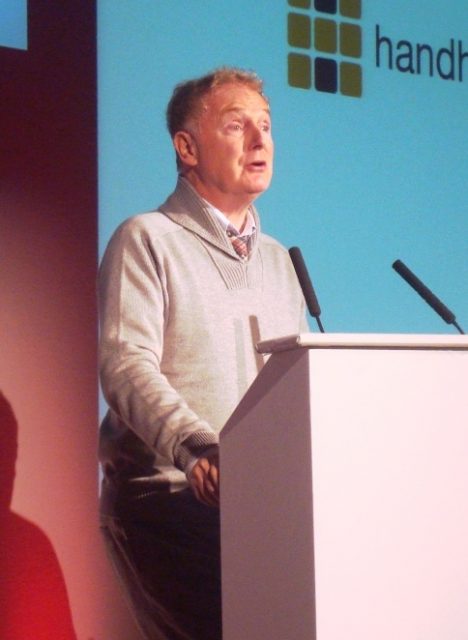
The riverboat named Queen Elizabeth was a deliberately provocative promotion for the Sex Pistols upcoming album, Never Mind the Bollocks. Aboard the boat on the evening of June 7, 1977, was a selection of artists, writers, and a film crew. Also along for the ride was the band’s new publisher, Richard Branson.
It set out from Charing Cross pier and the passengers danced and partied as the boat rocked towards the Houses of Parliament to make its statement. As they approached their target, the boat attracted a river police escort.
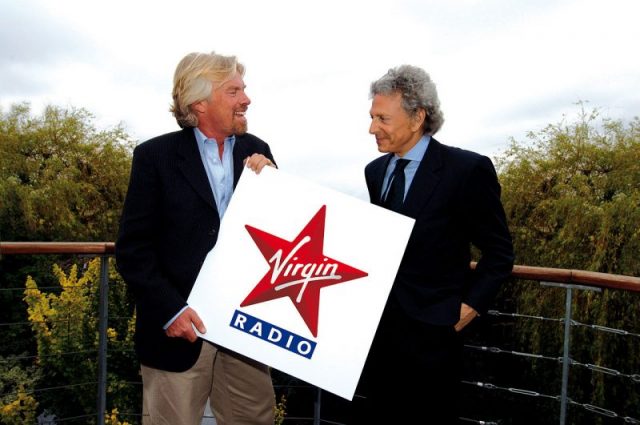
Accompanied by the shrieks of feedback from a poor sound set-up, the band took the stage as they passed the Houses of Parliament, belting out “Anarchy in the UK.” The police boats closed in as the Sex Pistols continued their rowdy concert with “God Save the Queen.”
When the boat reached the dock, they found a welcoming committee of police waiting there. The power was off, and the owner wanted them to leave. Branson stubbornly waved a piece of paper which confirmed that the boat was rented until midnight that night and that he had no plans of leaving before his contract expired. Fired up by the thrill of their actions, the revelers attempted to stand their ground and carry on partying.
However, the police were here to shut them down. Scuffles broke out and the situation turned violent. Several of the boats passengers were arrested, including McLaren, shouting obscenities at the police.
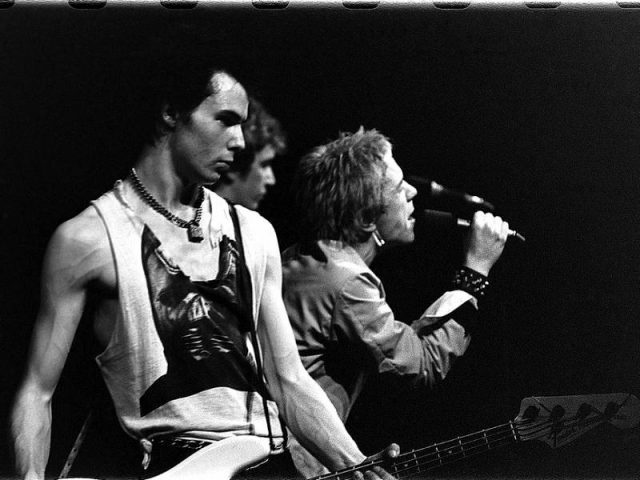
According to Tony Parsons, a British journalist and author present at the scene:
“There was a lot of violence that evening. It was our Altamont. Something beautiful that turned into something incredibly ugly.”
Others, including Branson and the band, quietly retreated into the night.
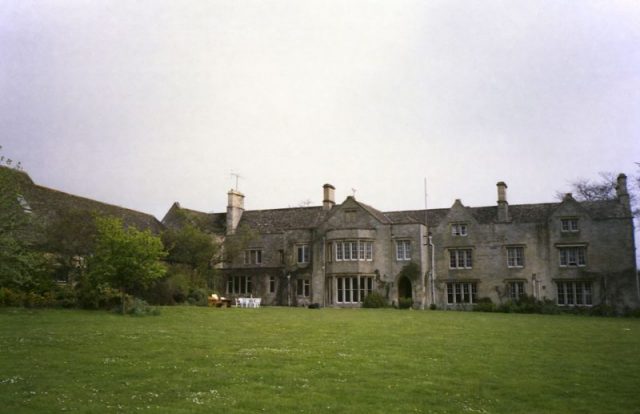
This event marked the start of an era which extended throughout the 1970s and 1980s, with Virgin Records becoming a powerhouse behind some of the most popular bands of the New Wave movement — such as Magazine, XTC, The Human League, Public Image Limited — directly influencing the development of pop music in the U.K. and abroad.
Later on, in 1992, Richard Branson sold Virgin Records to EMI, but it wasn’t without regret. He agreed to sell the company to keep his airline, Virgin Atlantic, in business, in face of fierce competition from British Airways.
Read another story from us: Alternative Ink: What did Kurt Cobain’s Single Tattoo Mean?
The Virgin EMI Records label lives to this day, as part of Universal Music Group, making it still one of the largest labels in the industry.
Nikola Budanovic is a freelance journalist who has worked for various media outlets such as Vice, War History Online, The Vintage News, and Taste of Cinema. His main areas of interest are history, particularly military history, literature and film.
